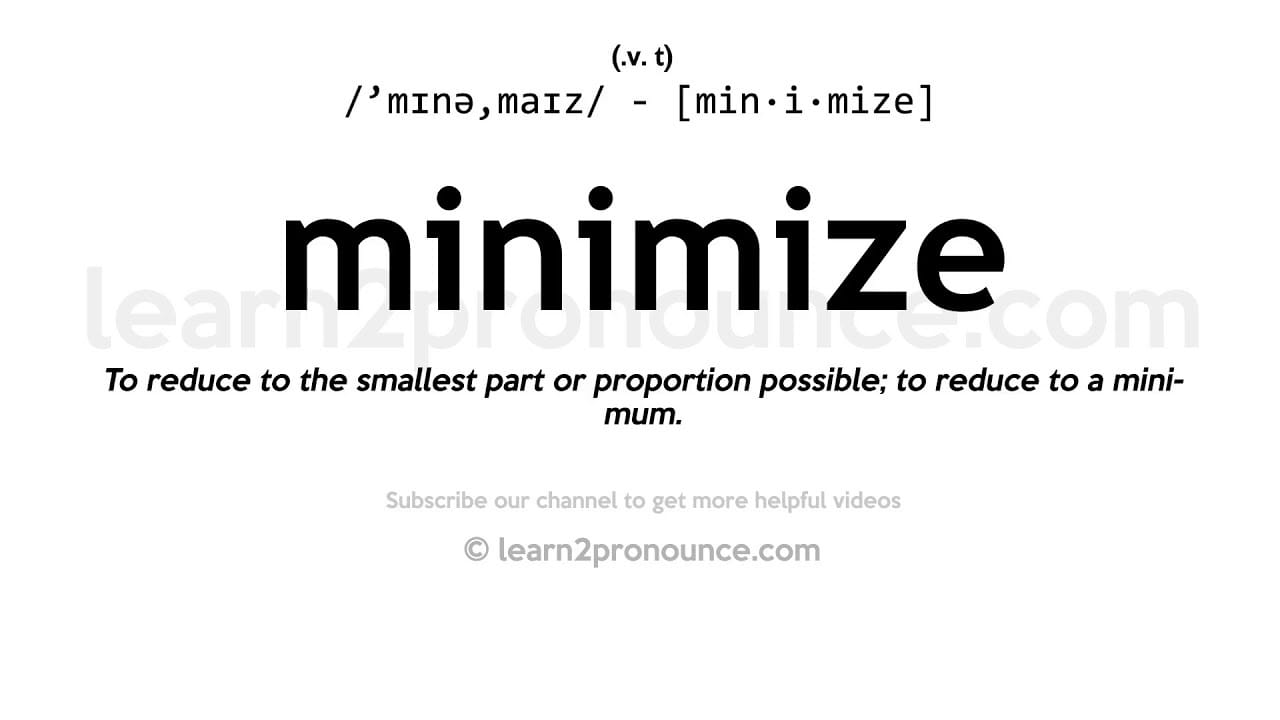- Retirement Examined
- Posts
- Retirement Examined
Retirement Examined
5-Minutes of Breakthrough Secrets: Happy, Fulfilling Retirement

The weekly email that keeps you up to date on exciting Retirement topics in an enjoyable, entertaining way for free.

Special Announcement
Novus Financial Group is in the process of scheduling its first seminar of 2024. The topic of the seminar is Estate Planning and our special guest speaker is Lori Posani of the Posani Law Office (https://www.posanilawoffice.com). The seminar will be held in Columbus, OH. Stay tuned for more information on the agenda and how you can reserve your seat(s). Dates will be announced soon!
Retirees Can Be Targets of Scams
by Eric Seyboldt
Scammers often target older adults, exploiting the misconception that this demographic possesses considerable wealth. Yet, it's not just the well-off seniors who are vulnerable; those living on a fixed-income are just as likely to be ensnared by these schemes. The sad fact is that financial scams targeting the elderly are frequently underreported and challenging to prosecute, rendering them seemingly "low-risk" crimes. These fraudulent activities can leave elderly victims in dire financial straits with few avenues for reclaiming their losses.
Government Official Impersonation Scams
Scammers masquerading as government officials, such as those from the IRS, Social Security Administration, or Medicare, often target seniors. They may falsely claim the senior has outstanding taxes and threaten arrest or deportation unless immediate payment is made. Or, they might warn that the senior's benefits are in jeopardy, coaxing them into surrendering personal information for identity theft. The Internet Crime Complaint Center (IC3) noted that in 2022, seniors over 60 lost upwards of $724 million to these scams, outpacing losses reported by other age groups. These criminals frequently demand payment via prepaid cards, cash, or wire transfers and may use sophisticated technology to appear as calling from genuine government or local numbers.
Lottery and Sweepstakes Scams
Lottery scams trick seniors into believing they've won a prize, requiring them to pay supposed taxes and fees upfront, usually via cash or gift cards. Scammers might claim affiliation with reputable entities like Publishers Clearing House to seem legitimate. However, the promised winnings never materialize, leading to continuous exploitation.
Robocall and Telephone Scams
Robocall scams include tactics like recording a senior's "yes" response to the question, “Can you hear me?” to fraudulently authorize charges. These automated calls can target seniors en masse, falsely claiming that warranties on vehicles or electronics are expiring and urging immediate payment. Scammers often disguise their caller ID to mimic credible organizations.
Computer Tech Support Scams
Tech support scams prey on older adults' potential lack of tech-savvy. Fraudulent alerts may claim their device is compromised, prompting the victim to contact a scam number. The scammer then attempts to gain remote computer access or demands payment for non-existent repairs. These scams can lead to substantial financial losses.
Contact us to schedule a free, 10-minute consultation call. Together, we can discover ways to enhance your retirement income, and reduce your risk making sure your later years are as joyful and carefree as you've envisioned. Drop us an email or call us now to book your consultation. Let's turn your retirement aspirations into reality!
Maximize your credit card rewards.
Check out Kudos—recognized by CardRates as the “#1 FREE app to multiply your credit card rewards”. It’s simple, secure, and takes the hassle out of choosing the right card at checkout.
TIP OF THE WEEK
Even Small Savings In Fees Can Be Extremely Meaningful
by Eric Seyboldt

As you’re building your nest egg one of the biggest considerations in choosing your investments is the fees associated with the accounts. The fees can significantly hinder the growth of a portfolio over the long haul, a fact that is often overlooked by investors. The profound effect of lowering investment charges comes from the compounding of returns. This compounding effect allows an investment to increase exponentially as time goes on because earnings are generated not only on the initial capital but also on the accumulated returns. Nonetheless, elevated charges can severely reduce these compound earnings, reducing the overall growth potential of your investment portfolio.
Take the case of a person entering retirement with a starting portfolio of $500,000. If the yearly investment charges are cut from 2% to 1%, assuming an average yearly growth of 6% before charges, the impact over two decades is considerable.
With an annual charge of 2%, the net yearly growth reduces to 4%. Calculating the future value over 20 years with the formula FV = PV × (1 + r)^n, where FV represents the future value, PV the present value, r the yearly growth rate, and n the number of years, the portfolio would reach around $1,095,561.
By lowering the charge to 1%, the effective yearly growth rate increases to 5%. Applying the same formula, the portfolio’s value would escalate to about $1,326,649 across two decades.
The disparity in the portfolio’s value between the scenarios of 2% and 1% fees is a remarkable $231,088. This highlights how a mere 1% deduction in fees can considerably boost the long-term worth of an investment portfolio, emphasizing the criticality of being mindful about investment expenses. By reducing charges, investors can hold onto more of their earnings, enabling the compounding effect to more efficiently benefit their portfolio.
Reach out to us for a complimentary, 10-minute consultation call. Let's explore together how we can help you minimize your fees in your portfolio so that you can live your best life in retirement. Email us or give us a call today to schedule your consultation. Let's make your retirement dreams a reality!
Client Q & A of the Week - Pay Uncle Sam Now, or Pay Him Later?

Client: Mark, I’ve paid down my mortgage by about 75%. Should I plan on paying off the rest before I retire, or should I keep the money in my retirement portfolio and use the mortgage interest as a write-off?
Mark: Determining if you should clear your home loan prior to retiring hinges on several factors including your financial health, tax consequences, and expected returns on investments. Consider the following points:
Comparing Interest Rates and Returns: Holding onto your investment might be more fruitful in the long term if the yield on your retirement savings is expected to outpace the interest rate on your mortgage.
Tax Advantages: While the interest paid on your mortgage might offer tax deductions, the actual advantage varies based on your tax bracket. Given the considerable standard deduction, the benefit might be minimal, particularly if you have a small mortgage balance or if your interest payments are decreasing.
Risk Preference and Financial Comfort: Settling your mortgage early can offer a sense of security and lower your monthly outgoings during retirement, appealing to those who favor financial certainty over the chance of earning higher returns.
Retirement Cash Flow: Consider your anticipated retirement income. If you can manage your expenses and still enjoy retirement without the burden of a mortgage, eliminating that debt could streamline your financial management.
Ultimately, if ensuring peace of mind and financial stability ranks higher on your priority list, and if liquidating your mortgage does not negatively impact your retirement comfort, it might be wise to consider it. Conversely, if your mortgage carries a low-interest rate and you are optimistic about achieving higher returns from your retirement savings, it might be better to continue with the investment.
Please feel free to email Mark at [email protected] if you’d like to ask any questions or request information on retirement topics that are on your mind.

“You can’t go back and change the beginning, but you can start where you are and change the ending.”
REAL ASSETS, Invest Like the Ultra-Wealthy

What’s a great way to try to outpace inflation?
For many people in the United States who are seeking to broaden and safeguard their retirement funds amidst this year's economic flux and geopolitical volatility, we offer some solutions...
Considering concerns over the debt ceiling, escalating inflation rates, elevated interest rates, substantial government expenditures, the depreciation of the dollar, or the generally volatile nature of the markets, we find ourselves in an unprecedented scenario of difficult choices our country has not faced before.
A growing protective investment tactic is transforming a portion of your Individual Retirement Account (IRA) or 401(k) into tangible gold or barrels of Bourbon. Here are the reasons why this approach could prove advantageous:
Allocating funds into the asset class known as “Real Assets” may be a strategy that you should consider.
Ask us how to Rollover a portion of Your IRA or 401k To A GOLD IRA (link below) or a BOURBON IRA (www.bourbon.fund/how-it-works/) and:
Safeguard your assets from the collapsing dollar
Incorporate the ‘REAL ASSET’ class into your portfolio like the ultra-wealthy
Hedge against the current high-inflation conditions
Protect your retirement assets against economic crises
Just get in touch. We make it easier than ever.
CONNECT WITH US
Feedback or Questions?
You’re invited to get in touch with us if you’d like to find out how the Novus Financial Group can help you on your journey to a happy, fulfilling life in Retirement.
We have a lot of great information, as well as podcasts from our radio show ‘The Financial Insider’, and tools on our website - www.novusfg.com.
Office: 614-943-2265
Feel Free To Forward Retirement Examined To A Friend and Have Them Subscribe By Clicking The Button Below:
Reach out if you’d like to advertise your business on Retirement Examined or would like to be a sponsor.
Investment advisory services are offered by duly registered individuals on behalf of CreativeOne Wealth, LLC a Registered Investment Adviser. CreativeOne Wealth, LLC and Novus Financial Group are unaffiliated entities.
The content we provide here isn’t financial advice and cannot be taken as such. Please speak to your financial advisor before making any investment decision. Also, note that every investment comes with its risks and drawbacks. Lastly, we would like to remind you that past results cannot guarantee future returns.
This website contains one affiliate link. When you click on the link and make a purchase, we may receive a commission at no additional cost to you. We only promote companies that we have personally used or researched and believe will add value to our readers.


